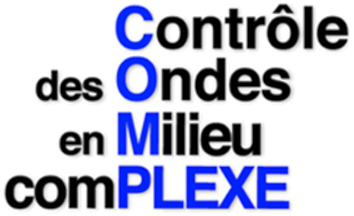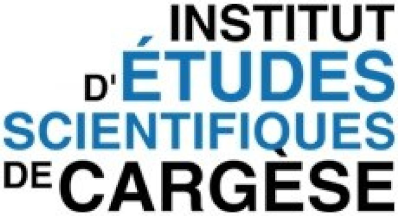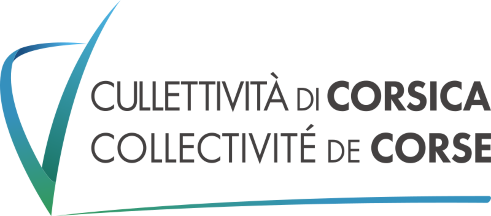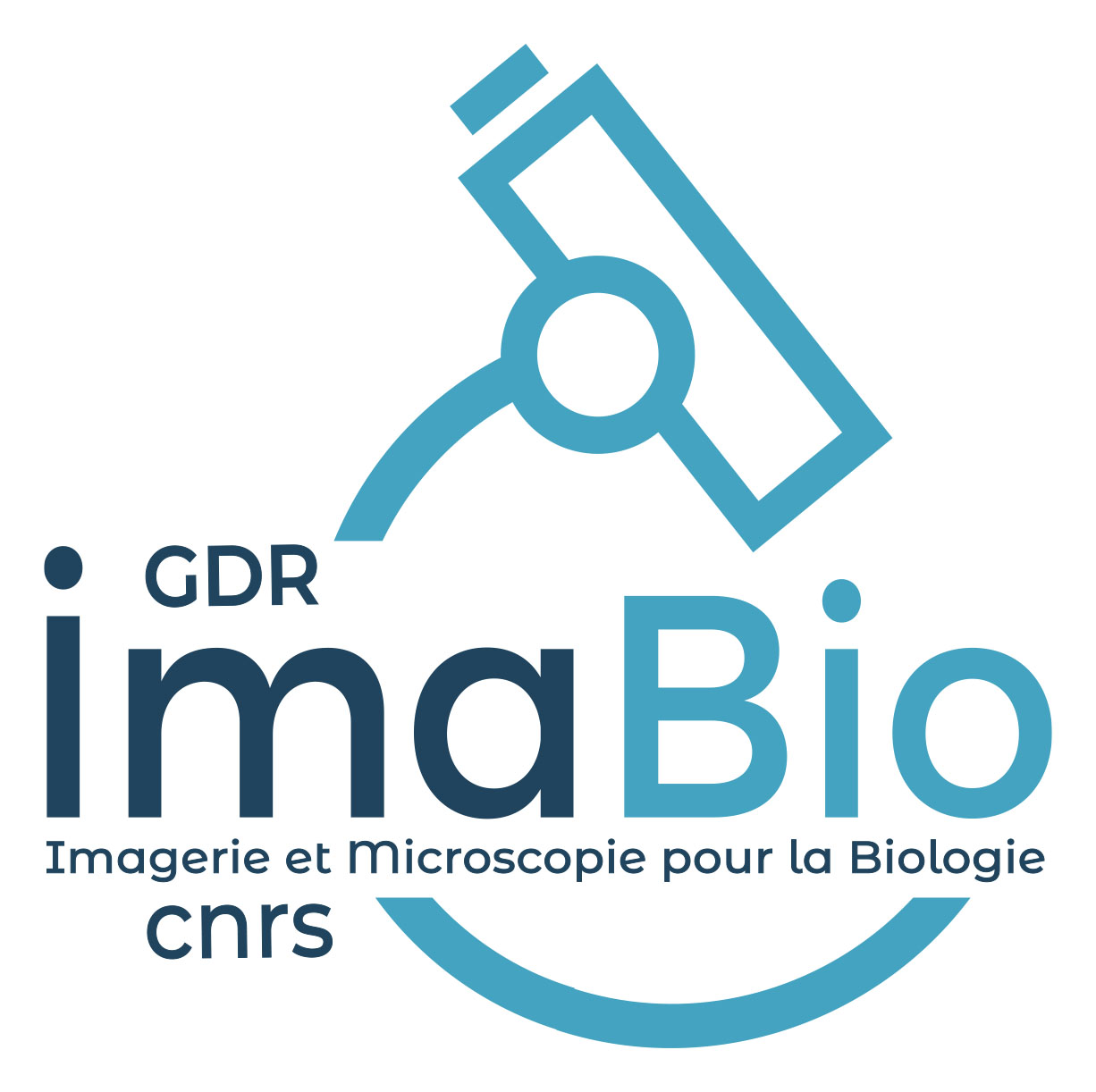
Context
Grasping wave propagation in homogeneous media underpins the principles of classical imaging, sensing, and telecommunications methods. The existence of disorder presents challenges to these issues, and examining propagation in disordered media, particularly the existence of mesoscopic effects, has led to significant breakthroughs in numerous fields such as acoustics, optics, seismology, and microwave technology. These techniques rely on the fundamental concept of wave propagation in complex media. This subject merits independent investigation, which we aim to facilitate during this summer school while fostering connections among various wave physics communities. Propagation media usually exhibit spatial fluctuations, and occasionally temporal fluctuations as well. Though traditionally perceived as disturbances, these degrees of freedom can be utilized to create innovative applications.
Scope
With this insight, our school's primary focus is the study and exploitation of mesoscopic phenomena and their applications in complex media. Our goal is to facilitate the exchange of multidisciplinary knowledge gathered by experts from diverse research fields confronting similar challenges. We will address theoretical aspects related to complex environments (correlated disorder, topology, multiple scattering, non-linear media, Anderson localization, metamaterials) and emphasize their practical applications, particularly in the realms of imaging, microwave, optical, and quantum telecommunications, and sensing.
Format
The school will consist of lectures given by eminent scientists and seminars to present recent works and applications. This format makes it even better for students to appropriate the common theoretical bases of wave physics in complex environments while having a very good overview of the different experimental approaches specific to each type of wave. This multidisciplinary approach will allow junior and senior researchers to go beyond the scope of their research topics and acquire an overall vision necessary for cutting-edge research. A specific effort will be made to target the younger audience.
Lectures
| Matrix Imaging in Complex Media |
Pr. Mathias Fink   |
ESPCI Paris - PSL |
| Computational Imaging in Healthcare |
Pr. Christine Fernandez-Maloigne   |
University of Poitiers |
| Wave-front Shaping for Neuroscience |
Dr. Valentina Emiliani  |
Institut de la Vision – CNRS |
| Topological Photonics with Microwave Resonators |
Pr. Fabrice Mortessagne   |
Université Côte d’Azur - CNRS |
| Multimode Quantum Optics |
Pr. Nicolas Treps   |
ENS Paris, Sorbonne Université |
| Coherent effects in complex media |
Dr. Arthur Goetschy  |
ESPCI Paris - PSL |
| Controlling spontaneous emission in complex media |
Pr. Jean-Jacques Greffet   |
Laboratoire Charles Fabry, Institut d'Optique Graduate School |
| Anderson localization |
Dr. Nicolas Cherroret   |
Sorbonne Université - CNRS |
Seminars
Posters session and student talks
A poster session will be organized to facilitate the sharing of recent results among attendees.
Three student talks, each lasting 20 minutes, are scheduled. If you wish to elevate your poster presentation to a student talk, please complete the relevant section in the registration form. A short abstract (1/2 to 1 page) will be asked.
Scientific committee
- Pr. H. Cao, Yale University, USA
- Pr. Y. Bromberg, The Hebrew University of Jerusalem, Israel
- Dr. T. Brunet, University of Bordeaux, France
- Pr. M. Fink, ESPCI Paris, France
- Pr. A. Lagendijk, University of Amsterdam, Netherlands
- Dr. F. Lemoult, ESPCI Paris, France
- Dr. R. Pierrat, CNRS - ESPCI Paris, France
- Dr. S. M. Popoff, CNRS - ESPCI Paris, France
- Dr. A. Sentenac, CNRS - Institut Fresnel, France
School director
Organizing committee
- Dr. F. Lemoult
- Dr. R. Pierrat
- Dr. S. M. Popoff
Contact

Image credits
Conley et al., Phys. Rev. Lett (2014)  – N. Engheta
– N. Engheta  – K. Mathuis et al., OSA Continuum (2022)
– K. Mathuis et al., OSA Continuum (2022)  – M. C. Fernandes et al., Extreme Mech. Lett. (2022)
– M. C. Fernandes et al., Extreme Mech. Lett. (2022)  – N. Treps
– N. Treps  – N. Jiménez et al., Sci. Rep. (2011)
– N. Jiménez et al., Sci. Rep. (2011) 
Sponsors








